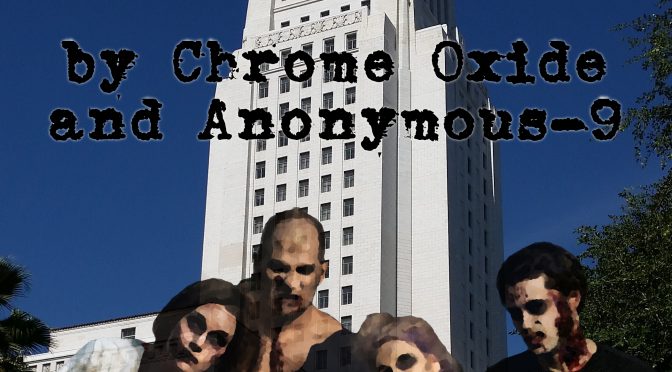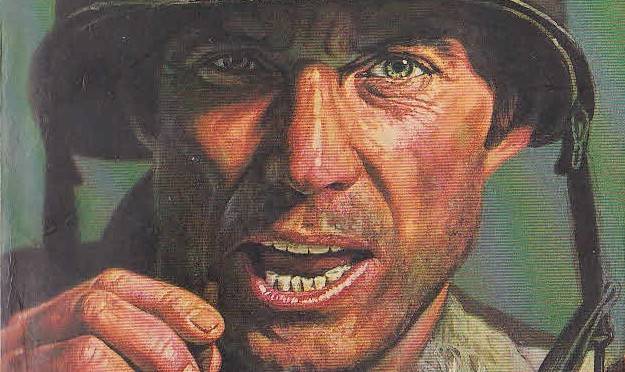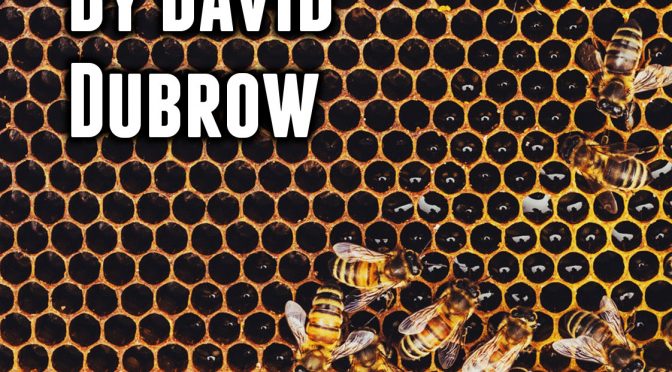It didn’t take long for one of the self-appointed Thought Cops (who perpetually lurk around Amazon in their tireless crusade against wrongthink) to point and shriek once Appalling Stories 4 was published.
I have pretty much given up posting reviews at the Bulldyke Merchant, or commenting. I’ll do it here since Bezos can’t put his thumb on this little scale. Here we go:
“There is often a point in a teenager’s life when he wants to shock everybody with how edgy and offensive he can be.”
Here in the first sentence this individual has already resorted to personal insults. She is obviously outraged that somebody with the wrong ideology was allowed to publish a book.
“Now imagine physically-grown individuals who never grew past emotional adolescence who think that stuff is still cool.”
Okay, imagining… Oh, wow! There’s Spike Lee! And Martin Scorcese!
“Now imagine that for hundred and ninety-plus pages.”
Well, at least she looked at the product page before she began to screech.
“The tone of each story consistently equivocates scrofulous sneering for wit, ham-fisted sanctimony for satire, and a conviction of supercilious superiority so thick that it practically drips off each electronic page.”
Translation: “I stalked one of the authors and learned from their blog/social media status that these unwoke counterrevolutionaries had the audacity to publish something! Of course, it is my civic duty to torpedo such thoughtcrime however I can, since we’re at least one election cycle away from being able to burn books like these and arrest the authors. Meanwhile: notice my literary panache as I string together several multi-syllable words, with some alliteration thrown in for good measure! Aren’t you impressed? It is I who is the clever, witty, talented one!”

“Many writers here clearly were aiming for George Carlin but fell short by several orders of magnitude.”
Picking up a strong boomer vibe here. Boomers are the best at everything, you see–comedy, film making, outsourcing jobs overseas, normalizing sexual perversion–but especially literary satire! Nobody measures up to the boomer legacy, but naturally these unwashed rube authors must have been trying to.
“The greatest doom for a satirist is that their writings disclose to the world that they are no better than the opponents they wish to mock, at which point the gig is up- flipping through these stories, one tends to come to the conclusion that the gig was over before it began.”
But enough about George Carlin, John Lithgow and Garry Trudeau. I guess when you foam at the mouth during a tantrum, the spittle can land on anybody.
“If it is subversive stories you wish to read, your money might be better spent watching a Richard Pryor special or reading one of George Carlin’s books.”
Yup: boomer for sure–and evidently has tingles for George Carlin. Probably owns the full Carlin stand-up collection on DVD and quotes from the routines at Starbucks and after yoga.
“If you wait a couple of decades, maybe these authors will have finally become adults with something to say, instead of edgy little kids merely seeking your attention.”
She’s straining to hide her hysterical outrage behind the same rudimentary attempt at an insult. We have ourselves a one-trick pony, here, folks. Notice this verbose “reviewer” offered no specific criticism or mentioned any details about the stories at all. But she has learned from past mistakes–never admitting that she hasn’t actually read the work in question.
Stay tuned for more fisking in the future.















